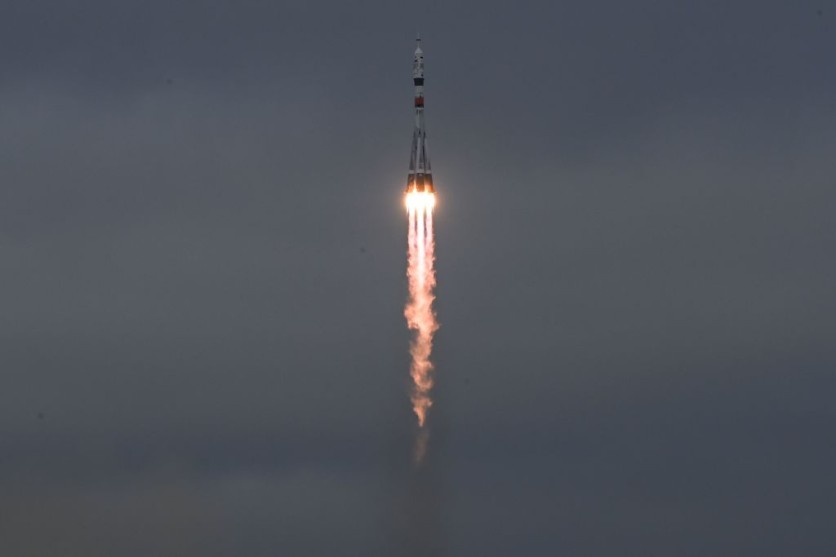A historic launch took place today, as Russia sent a rocket to the Moon, fulfilling a mission amidst the chaos with Ukraine and the world, heading for the lunar south pole. The mission is to find water on the lunar surface, as it was previously confirmed that water molecules were found in the area, hoping for this one source of life to be present on the Moon.
The Russian moon missions are back again after 47 years since it last took place from the massive Eurasian country, with other active ventures in their space programs.
Russia Flew to the Moon to Visit Its South Pole

Engadget reported that Russia has already launched its planned mission towards the Moon earlier today, and it took flight aboard the Soyuz 2.1v rocket which carried the Luna-25 spacecraft lunar lander. Russia's goal is to find water on the Moon, as per the previous reports of NASA regarding the water molecules found in its South Pole.
It is believed that the water ice lies underneath the Lunar surface, with an earlier mission from India's Chandrayaan-3 Lunar mission which is also in search of the Moon's waters.
Russia Hopes to Land by Aug. 21 Smoothly
According to Reuters, with the Moon mission underway, Russia's next challenge is the Luna-25's landing on the Moon's surface, which the country wants to do earlier than its original plan.
Initially, Russia aims for the Luna-25 to have its soft landing by August 23 as per Roscosmos, but now, it targets an August 21 landing according to its space chief.
"Now we will wait for the 21st. I hope that a highly precise soft landing on the moon will happen," said Yuri Borisov, Russia's space chief, when he addressed workers at the Vostochny Cosmodrome after the launch, according to Interfax.
Russia's Space Ventures and the World
Russia's ongoing conflict with Ukraine has caused it to be cast away by the world, with the country left on its own in various aspects, including the development of its technology. The Eurasian country made do with its resources available, with the Russians reportedly making their planes and spacecraft to supply its needs.
Initially, Roscosmos retaliated with the US sanctions and others from the world, saying that it will deorbit the International Space Station if it continues. Despite this threat, Russia claimed that it will continue to stay on the ISS until 2028, taking back what it claimed earlier regarding its exit from the neutral space station.
Ruissia's space ventures are still booming as it is a significant player in supplying rockets to different companies and agencies, including the US Air Force and United Launch Alliance.
With Russia set on its challenges for spaceflight, the company brought back its longstanding Luna mission, aspiring for its soft landing on the Moon earlier, by August 21.

ⓒ 2025 TECHTIMES.com All rights reserved. Do not reproduce without permission.




